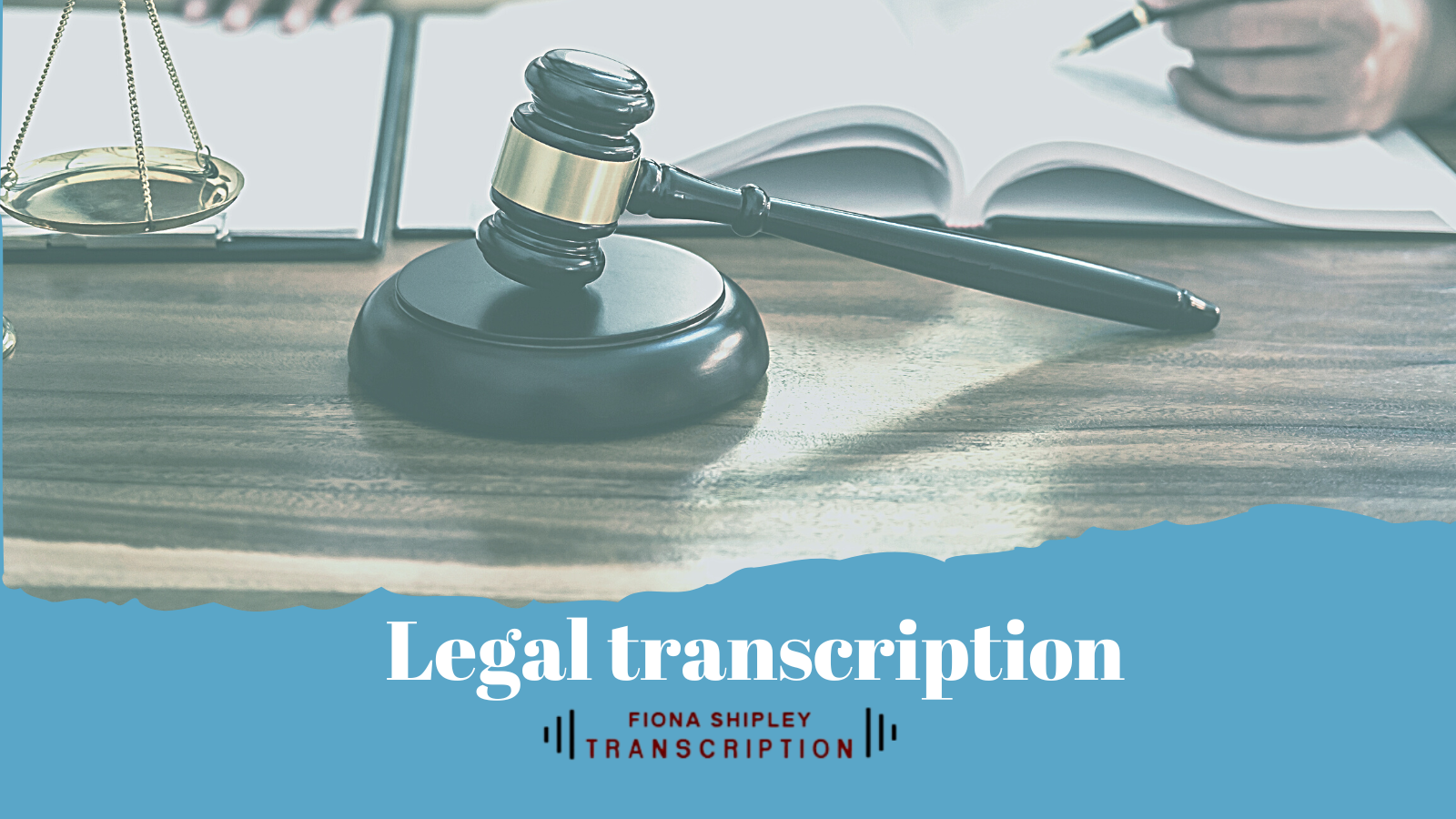I came across this article recently talking about how the Supreme Court in Delhi has used AI to produce live transcriptions of its hearings. A screen displaying the live transcription of court proceedings, which faces the lawyers, has been placed in courtroom number so they can see the transcription in real time.
It will be interesting to see how its use unfolds and whether this approach is adopted elsewhere – and indeed whether the AI in use is able to accurately produce reliable transcription… we’ve all seen the odd sentences that appear in TV subtitles! Accuracy has been the main challenge when using AI, and continues to be so – at least for the time being. It simply isn’t accurate enough to be relied on, and when it comes to accents, AI’s ability to properly decipher what’s being said is even more problematic.
I’ve experienced live captioning myself… and how captivating it can be – but for all the wrong reasons! Watching the captions was so compelling, purely for the entertainment it provided. It couldn’t cope with anything vaguely technical, so sometimes what appeared on screen in no way reflected what was said. But one of the biggest problems was that the service was automated. When the hour that it was booked for came to an end – but the meeting ran over – the captioning just stopped mid-sentence, never to re-appear!
Let’s take a moment to look at some of the reasons why legal transcription is so important, and why providing a fast, accurate service is key.
What is legal transcription?
Quite simply, legal transcription is the process of transcribing legal proceedings – court hearings, depositions and meetings – into a written document. These documents are then used by law firms, court reporters, legal departments and other organisations involved in the legal industry. They can be reviewed and analysed to prepare for a trial, by judges and other legal professionals as evidence in court, and stored for future reference as a permanent record of proceedings.
What are the main benefits of legal transcription?
There are a number of ways that legal professionals make use of transcripts:
- Accuracy: Attention to detail is everything. The end product must be an exact record of what was said, so transcribers have a high level of skill and expertise to be able to produce a transcript on which the end user can rely for accuracy.
- Time-saving: Legal transcription allows legal professionals to review and analyse legal proceedings more quickly and efficiently than listening to audio or video recordings. This saves both time and cost as the legal professionals use their time more efficiently, focusing their attention where it’s needed rather than having to take manual notes themselves.
- Convenience: Legal transcription can be done remotely, allowing legal professionals to access transcripts from anywhere. In the world of hybrid working and remote collaboration, it means the transcript can be accessed from any device whenever it is needed.
How is it different compared to other forms of transcription?
Compared to other kinds of transcription, legal transcription can be more complex and technical than within other sectors. Transcribers must have specialised knowledge of legal terminology, complex legal language and procedures, as well as a deep understanding of legal concepts.
Transcripts for other sectors, such as medical or general transcription, will require different types of knowledge and skills.
Fiona Shipley’s legal transcription service
We have been involved in the legal sector for a number of years and our transcribers are highly skilled in working with a number of Local Authorities, Coroner’s Courts, regulatory bodies and solicitors. We have experience in covering the following areas:
- Fitness to Practise proceedings
- Coroner’s Court inquests
- Police Interviews (audio & video)
- Formal Inquiries
- Tribunals
- Grievance hearings
- Disciplinary proceedings
If you’d like to know more about our service or would like to book in, please contact us on 01737 852 225 or email alex@fionashipley.com.

